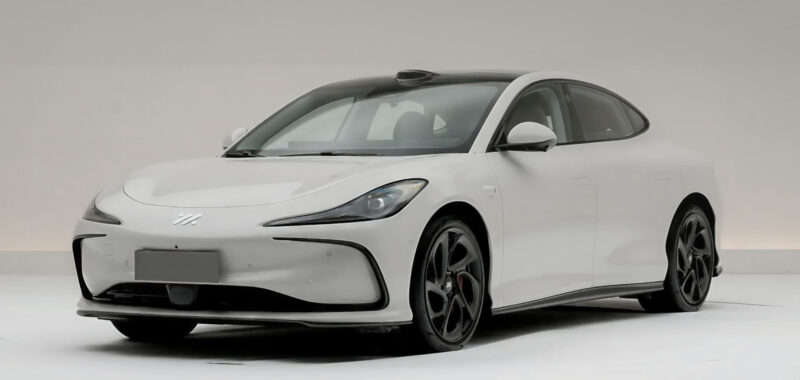Honda

Just weeks ago, the firm opened a pilot production line for full-solid-state batteries at its research and development base in Tochigi, Japan. It will use the line to test a variety of different materials and manufacturing processes, such as “roll-pressing” electrolyte layers together to speed up production and improve output. Production testing will begin in January and the cells are scheduled for use in Honda’s hybrid and electric cars during the latter half of this decade.
Toyota
Last year, Toyota claimed to have made a “technological breakthrough” with the electrolyte’s durability – it being prone to cracking under high forces
The firm is currently working to develop a mass-production method for the cells and is eyeing a 2027 or 2028 launch. They’re claimed to yield a range of over 900 miles, and a 10-80% recharge in less than 10 minutes.
Nissan

The Japanese brand has been vocal in its ambition to launch a car with a full-solid-state battery in 2028.
This could well be the next-generation GT-R supercar – but whichever form it takes, it will have been designed to make the most of the technology.
“When you commit to something like solid state, you have to change the whole mechanism and architecture of the vehicle,” said David Moss, the company’s senior vice-president for research and development in Europe. A pilot production plant is scheduled to open next year and engineering work on the cells is expected to be finished in 2026.
BMW
BMW received pilot cells from American company Solid Power last year but shortly afterwards was reported to have said that we’re unlikely to see them in a road car before 2030. BMW M CEO Frank van Meel has previously tipped them to be key in creating lightweight electric performance cars.
Mercedes-Benz
Merc’s tech chief, Markus Schäfer, has questioned whether solid-state batteries are needed, despite the firm’s tie-up with battery maker Factorial. Earlier this year, he said they “may not be necessary”, owing to the progress made with lithium ion cells over the past few years. The brand previously said it wanted solid-state packs in its mainstream cars by 2030.
Volkswagen Group

The world’s second-biggest car maker (after Toyota) is working to upscale the technology developed by American start-up Quantumscape, with a licence agreement to produce up to 80GWh of solidstate cells (or a million cars’ worth) annually.
There’s no timeline yet but, given the scale, it’s possible that a solid-state battery could be reserved as a flagship technology for the next Golf. That car is due in 2028, which would align VW with the plans of various other manufacturers.

